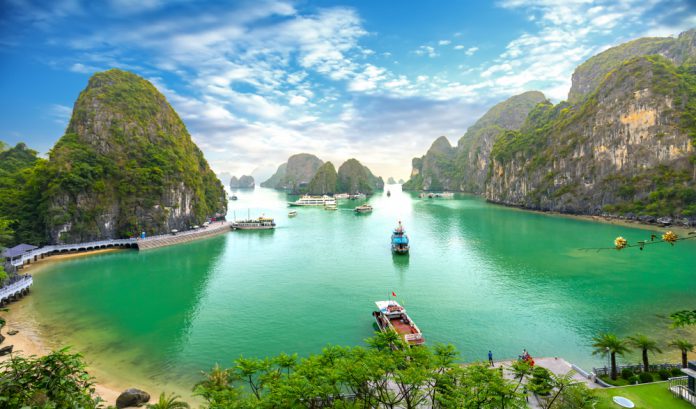Business event planners in Asia are observing an air of caution surrounding clients’ event plans as concerns mount over an impending global recession, with even shorter lead times, a preference for cheaper destinations and more free-and-easy elements a common occurrence now.
While CWT Meetings and Events, which started 2019 on a strong footing, has yet to see “any significant dip in the volume of meetings, events and incentives so far”, its Singapore director, Petrina Goh, told TTGmice that “companies have become more cautious with their (events) spend”.

According to Goh, notable changes to their buying behaviour include offering more free-and-easy time – which relieves the burden of cost – into their incentive programmes, especially when reward trips are bound for pricey longhaul destinations such as Eastern Europe and the Mediterranean.
As well, the trend of short lead time that has plagued the industry for years now, has worsened, observed Goh. As companies struggle to have their budgets confirmed, clients are now giving notice only two months or a few weeks ahead of the event.
Clients on a tighter budget are also favouring nearby destinations. CWT Meetings and Events has recorded “a steady increase” in programmes to Thailand and Vietnam, while Dynasty Travel Singapore’s MICE division is seeing South-east Asian destinations gaining in popularity.
Dynasty Travel Singapore’s spokesperson Alicia Seah revealed that budgets for incentive events going forward are down from an average of S$1,000 (US$734) to S$2,000 per person, to S$800 to $1,500.
While buying behaviours for business events will change in the face of poor economic outlook, events specialists agree that incentive trips are unlikely to be frozen should a recession set in.
“Many companies know that incentives are a powerful performance motivator,” remarked Goh.

Seah said: “Most organisations rank the importance of incentive travel (highly) in building relationships with employees.” However, she acknowledged that many companies are now also employing other non-cash rewards, such as gift cards, merchandise and points programmes, as part of their human capital or marketing strategy.
Meanwhile, G2 Travel is maintaining a rosy outlook for its business events segment, with Al Mulenga, director of the Hong Kong office, predicting “comparable” business in 2020 to this year’s.
Mulenga said corporate business has not changed since the start of this year, and the company is seeing emerging interest from Vietnam and Malaysia.
G2’s corporate clients in Malaysia, Indonesia and Taiwan are still set on longhaul incentive destinations, specifically the UK, Scandinavia, Italy and also Eastern Europe. Budgets are also being maintained.





















